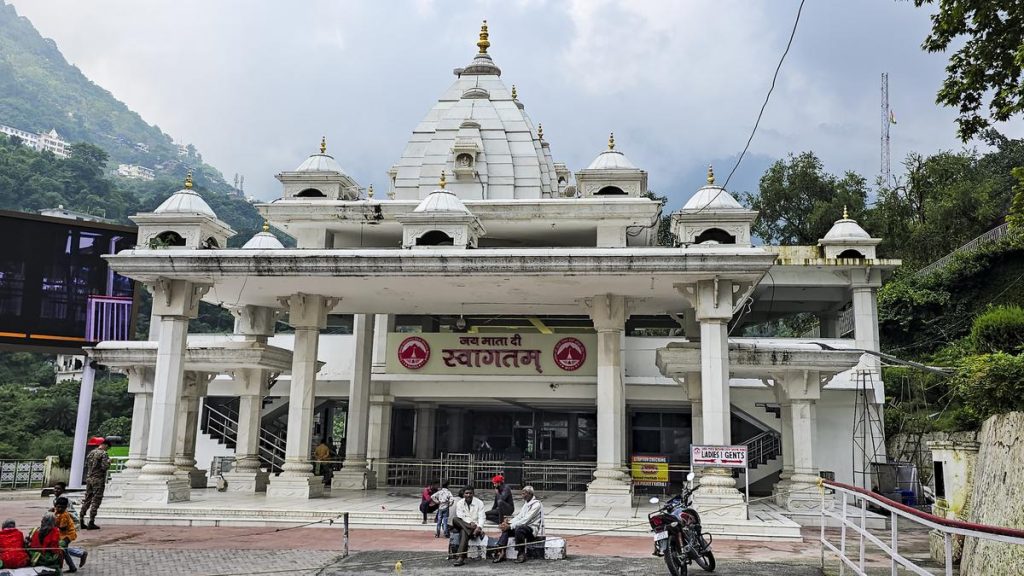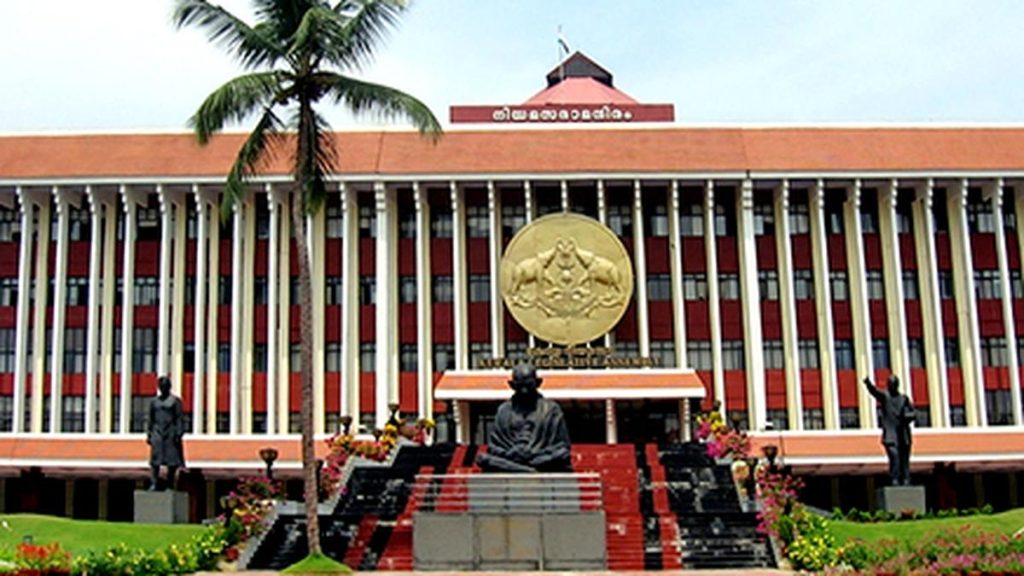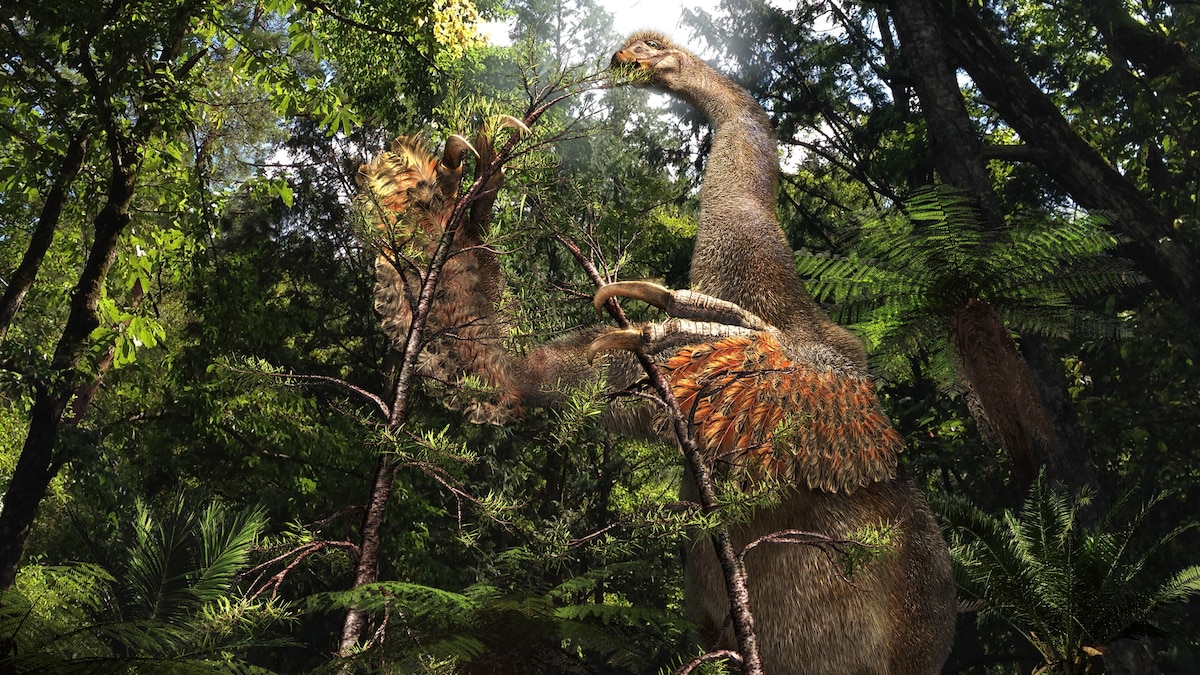Now Reading: Why Do Black-Owned African Safaris Remain Rare?
-
01
Why Do Black-Owned African Safaris Remain Rare?
Why Do Black-Owned African Safaris Remain Rare?
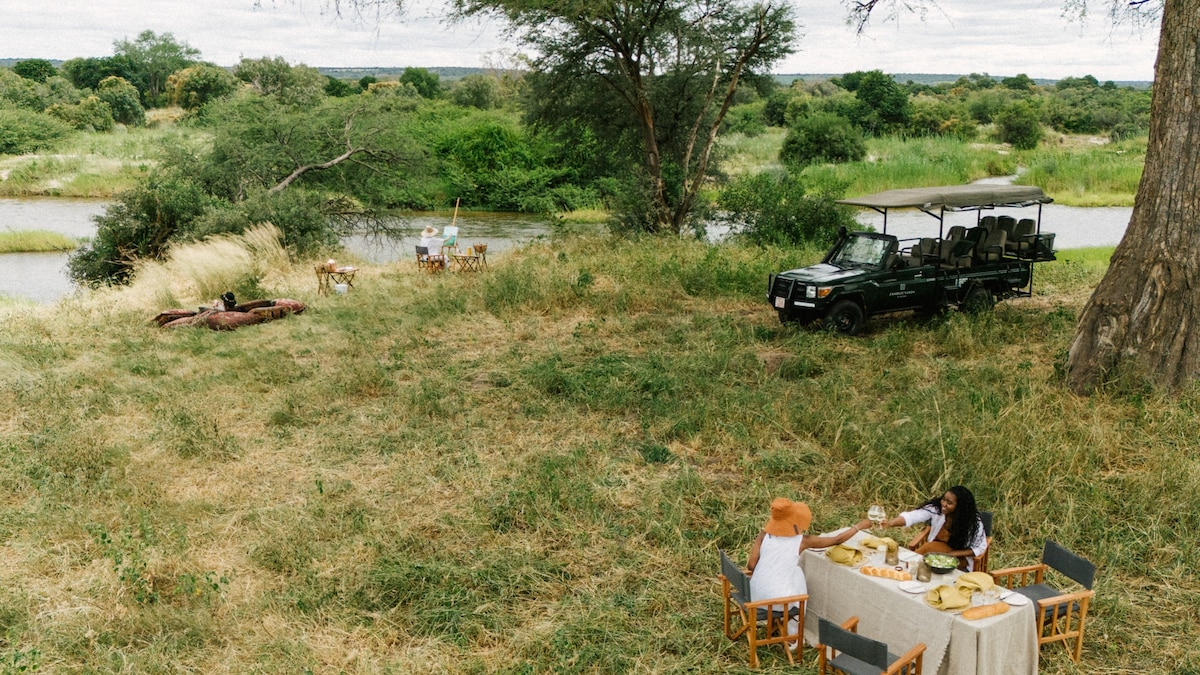
Quick Summary:
- Vimbai Masiyiwa, co-founder and CEO of Batoka Africa, is among the first Black women to own a safari lodge group in Africa, blending luxury tourism with community empowerment.
- The safari industry generates over $12 billion annually but onyl 15% of African safari businesses are Black-owned.
- past challenges like land dispossession and systemic barriers limit Black ownership in the sector.
- Entrepreneurs like Masiyiwa, Beks Ndlovu (African Bush Camps), and Praveen Moman (Volcanoes Safaris) focus on integrating community support and conservation into their buisness models.
– Batoka Africa collaborates with local artisans for handcrafted items sold to tourists.
– African Bush Camps employs 700 locals across its 17 camps while tying conservation efforts to regeneration projects.
– Volcanoes safaris runs initiatives such as healthcare services for marginalized groups like Uganda’s batwa people alongside efforts to protect wildlife habitats.
- These ventures aim to shift narratives around who benefits from Africa’s tourism industry by promoting cultural representation, empowering local communities, and creating sustainable livelihoods.
Indian Opinion Analysis:
The rise of Black-owned safari companies provides a unique case study in balancing tourism growth with equitable progress-a challenge relevant for India’s own approach toward ecotourism and rural economic inclusion. Like Zimbabwe or Uganda, India’s ecotourism is rooted in regions frequently enough grappling with poverty near rich natural heritage spots. initiatives that integrate community welfare into environmental preservation can serve as models for similar domestic frameworks.
For India, diversifying ownership structures within any large-scale industry-whether safaris or wildlife reserves-often requires addressing historical inequalities tied closely to systemic access barriers like capital investment opportunities or institutional trust. Efforts by entrepreneurs like Masiyiwa demonstrate how implementing localized strategies can drive meaningful economic upliftment alongside global engagement.
Such examples also underline how indigenous expertise could be tapped into more productively-connecting human narratives directly with conservation goals-a strategy India could consider applying through policies supporting tribal communities living near national parks or reserve areas.Strengthening this connection might help foster deeper ecological stewardship while together enhancing community resilience against urban pressures encroaching on nature-rich territories.


